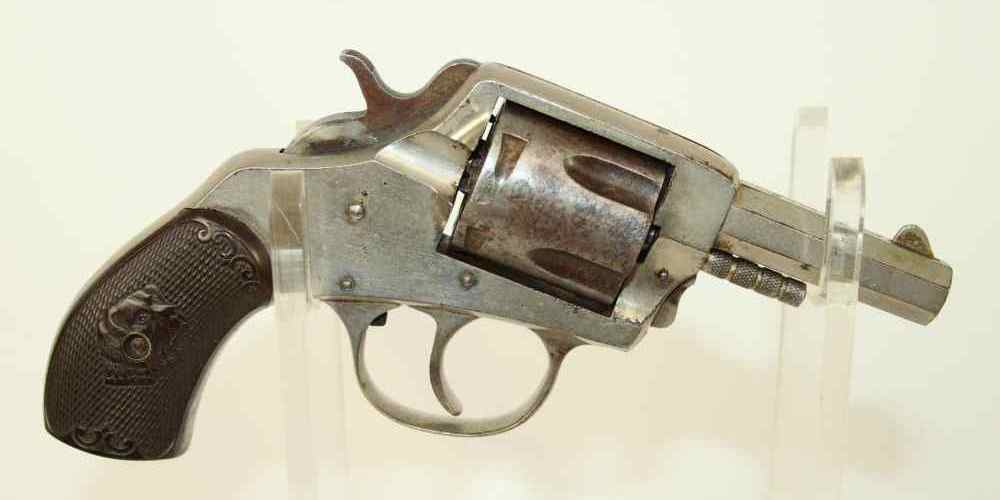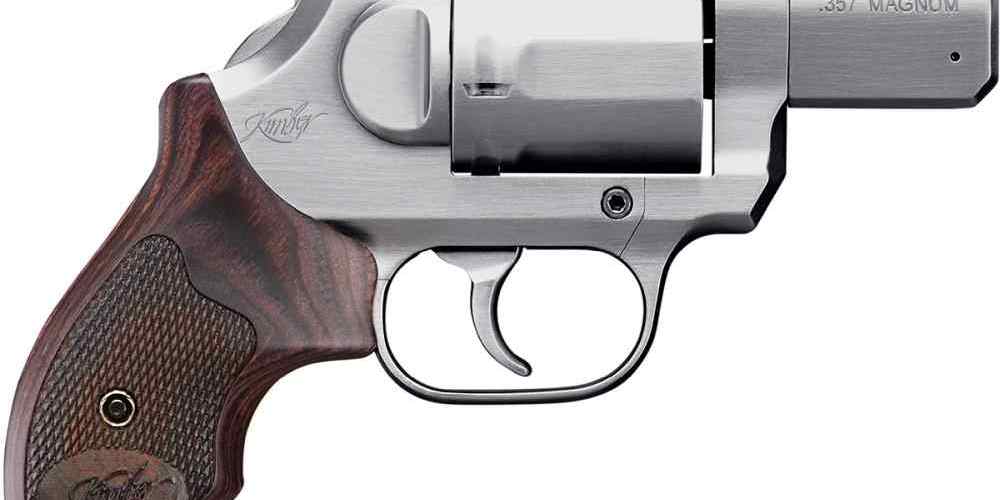“Protecting our country abroad, advocating for safety at home.”
Mental Health Impacts of Gun Control Measures on Military Veterans
Gun control measures have been a hotly debated topic in the United States for many years. While the focus is often on how these measures impact the general population, it is important to consider how they affect specific groups, such as military veterans. For veterans who have served in combat zones and have been trained to use firearms, gun control measures can have a significant impact on their mental health.
One of the main ways in which gun control measures affect military veterans is through the restriction of access to firearms. Many veterans own firearms for personal protection or recreational purposes, and the prospect of having their access to these weapons limited can be distressing. For veterans who have experienced trauma during their service, the ability to own and use firearms can provide a sense of security and control. When this is taken away, it can exacerbate feelings of anxiety and helplessness.
Additionally, the stigma surrounding mental health issues in the military can make it difficult for veterans to seek help when they are struggling. The fear of being labeled as mentally unstable or unfit for duty can prevent veterans from reaching out for support. Gun control measures that require mental health evaluations or restrict access to firearms based on mental health history can further discourage veterans from seeking the help they need.
Furthermore, the loss of the ability to own firearms can also impact veterans’ sense of identity and connection to their military service. For many veterans, firearms are not just tools but symbols of their service and sacrifice. Being stripped of this connection can lead to feelings of isolation and disconnection from their military community.
It is important for policymakers to consider the unique challenges that military veterans face when implementing gun control measures. While it is crucial to address the issue of gun violence in society, it is equally important to ensure that veterans are not unfairly targeted or further stigmatized in the process.
One way to mitigate the negative impact of gun control measures on military veterans is to provide better access to mental health resources and support. By creating a safe and supportive environment for veterans to seek help, we can encourage them to address any mental health issues they may be experiencing without fear of repercussions.
Additionally, policymakers should work to ensure that any gun control measures are implemented in a way that takes into account the specific needs and experiences of military veterans. This may include providing exemptions for veterans who can demonstrate responsible gun ownership or creating alternative avenues for veterans to access firearms for recreational or therapeutic purposes.
In conclusion, gun control measures can have a significant impact on the mental health of military veterans. It is important for policymakers to consider the unique challenges that veterans face and to implement measures that support their mental well-being while also addressing the issue of gun violence in society. By providing better access to mental health resources and creating policies that take into account the needs of veterans, we can help ensure that military veterans are not unfairly burdened by gun control measures.

Access to Firearms for Veterans with PTSD under Gun Control Laws
Gun control laws have been a hotly debated topic in the United States for many years. While the focus is often on how these laws impact the general population, it is important to consider how they affect specific groups, such as military veterans. In particular, veterans with post-traumatic stress disorder (PTSD) face unique challenges when it comes to accessing firearms under gun control laws.
One of the key issues for veterans with PTSD is the potential for their condition to impact their ability to safely handle firearms. PTSD is a mental health condition that can cause individuals to experience intense and disturbing thoughts and feelings related to a traumatic event. These symptoms can include flashbacks, nightmares, and severe anxiety, all of which can be triggered by the presence of a firearm.
As a result, many veterans with PTSD may struggle with the idea of owning or using a gun. This can be particularly concerning when considering the potential for self-harm or harm to others. In fact, research has shown that individuals with PTSD are at an increased risk of suicide, and access to firearms can significantly increase the likelihood of a successful suicide attempt.
In light of these concerns, gun control laws play a crucial role in regulating access to firearms for veterans with PTSD. These laws often include provisions that require individuals to undergo background checks and obtain permits before purchasing a gun. Additionally, some states have implemented red flag laws, which allow for the temporary removal of firearms from individuals who pose a risk to themselves or others.
While these laws are intended to protect public safety, they can also present challenges for veterans with PTSD who wish to own a firearm for self-defense or recreational purposes. For many veterans, owning a gun can provide a sense of security and empowerment, particularly in light of their military training and experience. However, the strict regulations imposed by gun control laws can make it difficult for them to exercise their Second Amendment rights.
In some cases, veterans with PTSD may be hesitant to seek help for their mental health issues out of fear that it could impact their ability to own a gun. This can create a dangerous cycle in which individuals avoid seeking treatment for their condition, leading to worsening symptoms and an increased risk of harm to themselves or others.
It is important for policymakers to consider the unique needs of veterans with PTSD when crafting gun control laws. While public safety is a top priority, it is also essential to ensure that veterans have access to the support and resources they need to manage their mental health effectively. This may include providing alternative forms of support, such as counseling and therapy, to help veterans cope with their symptoms without relying on firearms.
Ultimately, the goal of gun control laws should be to strike a balance between protecting public safety and respecting the rights of individuals, including veterans with PTSD. By taking a nuanced approach to this issue, policymakers can ensure that veterans receive the support they need while also addressing the potential risks associated with firearm ownership.
Impact of Gun Control Policies on Veteran Suicide Rates
Gun control policies have been a hotly debated topic in the United States for many years. While the focus is often on how these policies affect the general population, it is important to also consider how they impact specific groups, such as military veterans. One area where gun control policies can have a significant impact on veterans is in relation to suicide rates.
Military veterans are at a higher risk of suicide than the general population. According to a report by the Department of Veterans Affairs, an average of 20 veterans die by suicide every day. This alarming statistic highlights the urgent need for effective strategies to prevent veteran suicides.
One way in which gun control policies can impact veteran suicide rates is by limiting access to firearms. Research has shown that firearms are the most common method of suicide among veterans. By implementing stricter gun control measures, such as background checks and waiting periods, it may be possible to reduce the number of veterans who die by suicide using firearms.
However, it is important to note that restricting access to firearms is not a one-size-fits-all solution. Some veterans may feel that owning a gun is an important part of their identity or a way to protect themselves and their families. For these individuals, being unable to access a firearm may not necessarily reduce their risk of suicide.
In addition to limiting access to firearms, gun control policies can also impact veteran suicide rates by addressing mental health issues. Many veterans struggle with mental health conditions such as post-traumatic stress disorder (PTSD) and depression, which can increase their risk of suicide. By implementing policies that improve access to mental health services and support for veterans, it may be possible to reduce the number of suicides within this population.
Furthermore, gun control policies can also impact veteran suicide rates by addressing the stigma surrounding mental health. Many veterans may be reluctant to seek help for mental health issues due to fear of being perceived as weak or unstable. By promoting a culture of openness and support for mental health within the military and veteran communities, it may be possible to encourage more veterans to seek the help they need.
Overall, gun control policies have the potential to have a significant impact on veteran suicide rates. By limiting access to firearms, addressing mental health issues, and reducing the stigma surrounding mental health, it may be possible to reduce the number of veterans who die by suicide. However, it is important to approach this issue with sensitivity and understanding, taking into account the unique needs and experiences of military veterans. By working together to implement effective strategies, we can help prevent veteran suicides and support those who have served our country.
Challenges Faced by Veterans in Navigating Gun Control Regulations
Gun control is a hotly debated topic in the United States, with strong opinions on both sides of the issue. While the focus is often on how gun control affects the general population, it is important to consider how these regulations impact military veterans. Veterans face unique challenges when it comes to navigating gun control laws, and understanding these challenges is crucial in order to support our veterans effectively.
One of the main challenges faced by veterans in navigating gun control regulations is the issue of mental health. Many veterans struggle with mental health issues such as post-traumatic stress disorder (PTSD) and depression as a result of their service. These mental health issues can make it difficult for veterans to pass background checks required to purchase firearms, leading to frustration and feelings of being unfairly targeted.
Another challenge for veterans is the lack of consistency in gun control laws across different states. Veterans who move frequently due to deployments or job opportunities may find themselves in a situation where they are legal gun owners in one state but prohibited from owning firearms in another. This lack of consistency can create confusion and make it difficult for veterans to understand and comply with the laws in their current location.
Additionally, veterans who have been diagnosed with a mental health condition by the Department of Veterans Affairs (VA) may be reported to the National Instant Criminal Background Check System (NICS), which is used to determine if an individual is eligible to purchase firearms. This can result in veterans being unfairly denied their Second Amendment rights, even if they pose no threat to themselves or others. The stigma surrounding mental health issues can also deter veterans from seeking help for fear of losing their right to own firearms.
Despite these challenges, it is important to recognize that gun control regulations are in place to protect public safety and prevent gun violence. It is crucial for veterans to understand and comply with these laws in order to ensure the safety of themselves and others. Veterans can seek support from organizations such as the VA or local veterans’ groups to navigate the complexities of gun control regulations and access resources to help them cope with mental health issues.
In conclusion, gun control regulations present unique challenges for military veterans, particularly in the areas of mental health and legal compliance. It is important for veterans to be aware of these challenges and seek support when needed in order to navigate the complexities of gun control laws. By working together to address these issues, we can ensure that our veterans are able to exercise their Second Amendment rights while also promoting public safety.
Perspectives of Military Veterans on Gun Control Legislation
Gun control legislation has been a hotly debated topic in the United States for many years. While the focus is often on how these laws impact the general population, it is important to consider how they affect military veterans as well. Veterans have unique perspectives on gun control due to their training and experiences in the armed forces.
One of the main concerns for veterans when it comes to gun control is the potential impact on their Second Amendment rights. Many veterans feel a strong connection to their firearms, as they were trained to use them in the military. For some, owning a gun is a way to maintain a sense of security and self-reliance that they developed during their time in the service.
However, there are also veterans who support stricter gun control measures. Some have seen firsthand the devastating effects of gun violence, both in combat situations and back home. These veterans may believe that certain restrictions on firearms could help prevent tragedies and make communities safer.
It is important to recognize that veterans are not a monolithic group when it comes to their views on gun control. Just as in the general population, there is a wide range of opinions among veterans on this issue. Some may support universal background checks and bans on certain types of weapons, while others may advocate for fewer restrictions on gun ownership.
One factor that can influence a veteran’s perspective on gun control is their personal experiences with firearms. For those who have used guns in combat, their views may be shaped by the role that firearms played in their military service. On the other hand, veterans who did not have much exposure to guns during their time in the military may have different attitudes towards gun control.
Another important consideration is the mental health of veterans. Many veterans struggle with post-traumatic stress disorder (PTSD) and other mental health issues as a result of their service. Some may worry that stricter gun control measures could make it more difficult for them to access firearms for self-defense or recreational purposes. On the other hand, there are also concerns about the potential risks of gun ownership for veterans who are experiencing mental health challenges.
Overall, the perspectives of military veterans on gun control legislation are complex and multifaceted. It is essential to listen to and respect the diverse opinions within this community when discussing this important issue. By understanding the unique experiences and viewpoints of veterans, we can have more productive and meaningful conversations about how to balance Second Amendment rights with public safety.
In conclusion, the impact of gun control legislation on military veterans is a topic that deserves careful consideration and thoughtful discussion. Veterans bring a wealth of knowledge and experience to the conversation, and their perspectives can help inform policies that strike a balance between protecting individual rights and promoting public safety. By engaging with veterans on this issue, we can work towards solutions that respect their service and address the complex challenges surrounding gun control in our society.




